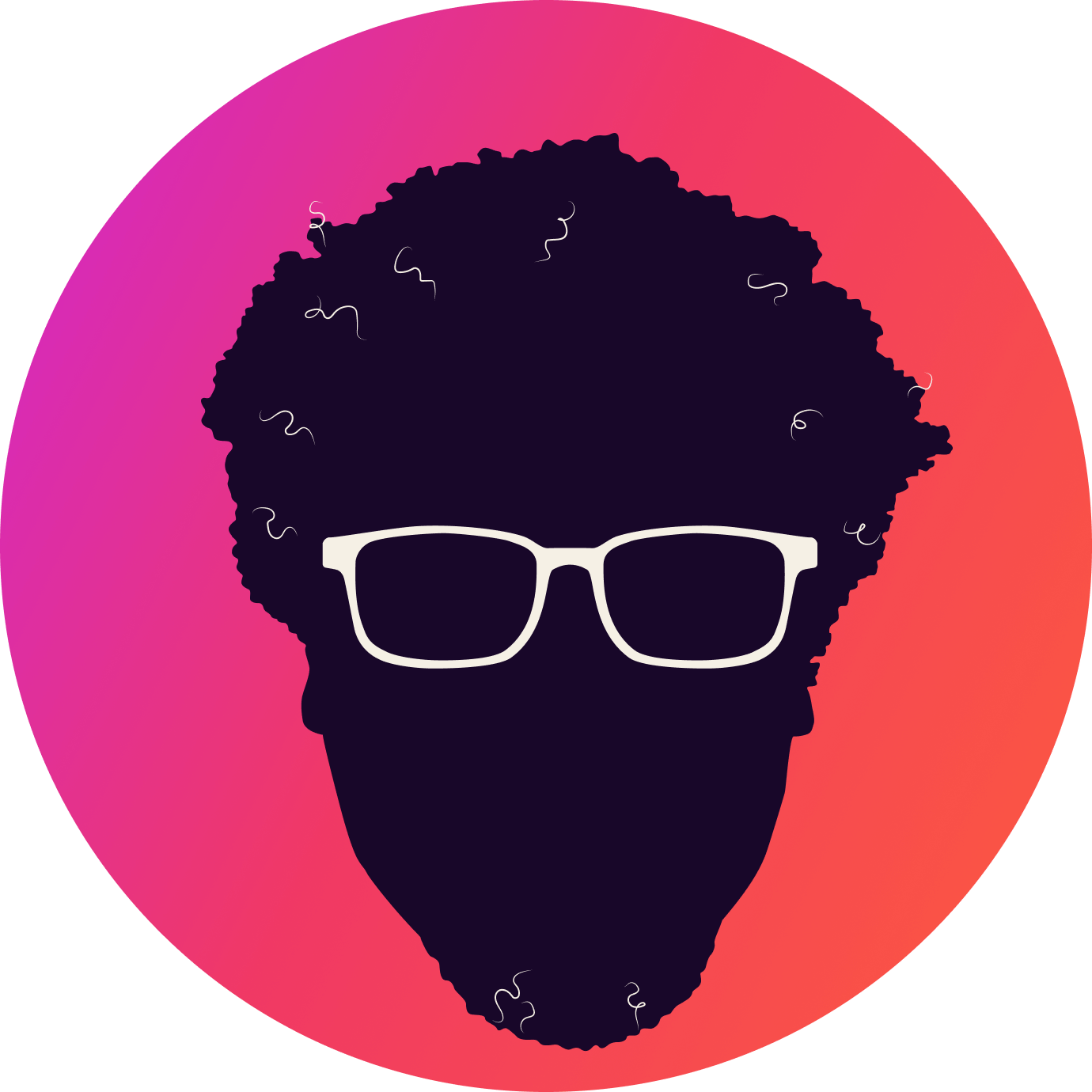Issue #01: Thoughts on Tech and Things – May 22, 2023
Thoughts on Tech & Things is a handcrafted list of the most important things this week with a dab of my thoughts on that tech & things. So you can subscribe and keep informed from the CTO with three first names.

This past weekend, I spoke to the World Trade Center Institute’s 2023 Albrecht Fellows.
My talk focused on an introduction to AI, what it is, and how it works. Then, at a high level, we discussed the differences between AGI (Artificial General Intelligence) and Narrow AI. I also had a chance to explain neural networks and how we train AI models on patterns to identify objects and predict words.
As future diplomats, many fellows wondered how regulation around the world might impact AI – a popular topic with Sam Altman calling on Congress to regulate AI last week. If you’ve trained an AI model, you may note its many parallels to raising children. These complex models require inputs, lots and lots of information, and with them, a model like a human can better understand the world around it. If you imagine a child growing up without understanding the difference between a cat and a dog – imagine a model that is lied to or given information that’s simply untrue. It’s essential that these increasingly powerful models can distinguish between fact and opinion – but it also becomes crucial that we think of the data sources and types of data used to create them. What many fear is not what’s possible, but if we’re employing the right teachers and curriculums to develop the technology, we may all depend on it one day.
In a world where we debate the lines on maps, it’s also possible to imagine a future of regional or country-specific AIs, each with different base models that only recognize what a country has decided to be true.

Microsoft Build, its big developer-focused conference, was this week, and it’s no surprise that AI was a huge, huge topic. Microsoft was already integrating OpenAI and ChatGPT in everything it makes – so, of course, they’re building it into the core of Windows. As a developer, I’m also very interested in their new plugin framework that allows third parties to integrate with Bing and its other AI tools. SEO may be dying – but plugins could be a great way to create actionable Bing search results.
Adobe released a new beta of Photoshop that uses its proprietary Firefly model to bring generative AI to the most used creative suite in the world. To say these new features are mind-blowing is not giving Adobe enough credit for an excellent new product. I highly recommend that you watch the demo videos.https://www.linkedin.com/embeds/publishingEmbed.html?articleId=6954904385241132874&li_theme=light
Open Source AI continues to gain speed OpenAI opened the floodgates, and tons of developers have followed suit with new AI models that are iterating very quickly. We’re building a solution to generate music for the Baltimore Symphony Orchestra, and I’m finding some of the communities’ solutions, like Riffusion, a music generator built with Stable Diffusion, really showcase what’s possible.
Here are a few other thoughts on tech & things:
- This week Mindgrub had their 3rd Annual Golf Classic benefitting Junior Achievement of Central Maryland. Monster. More here.
- For more tech check out my blog.
